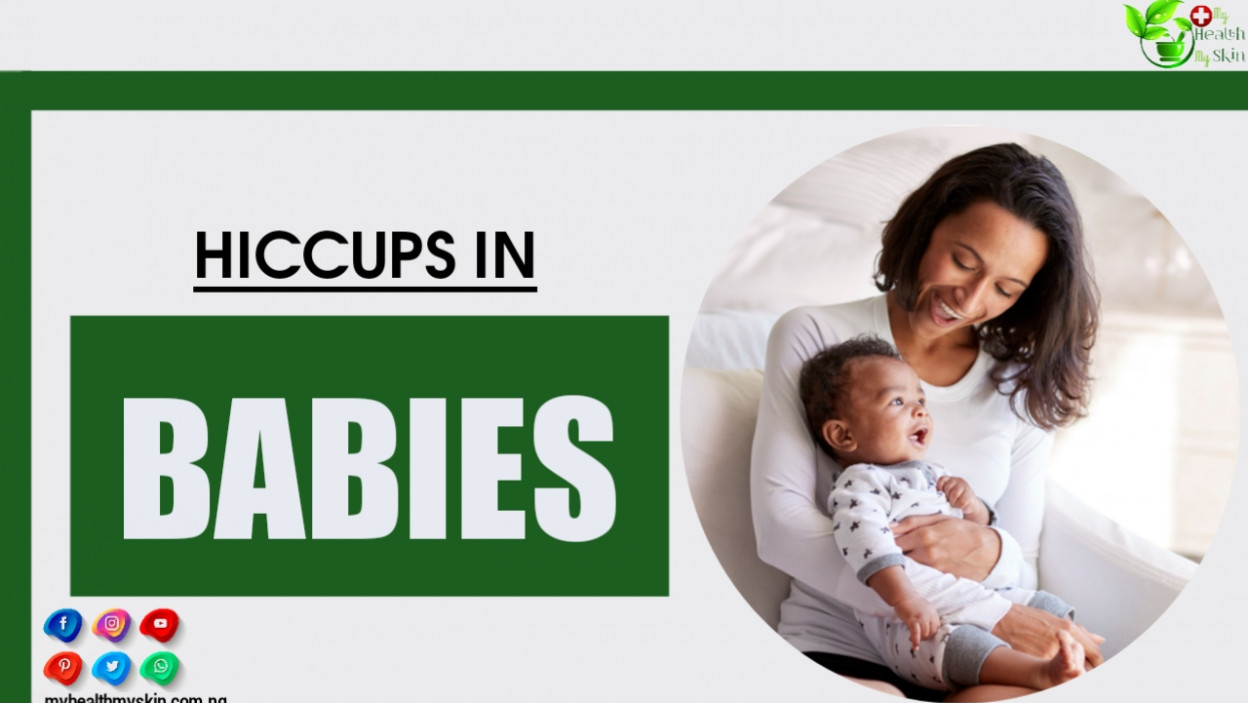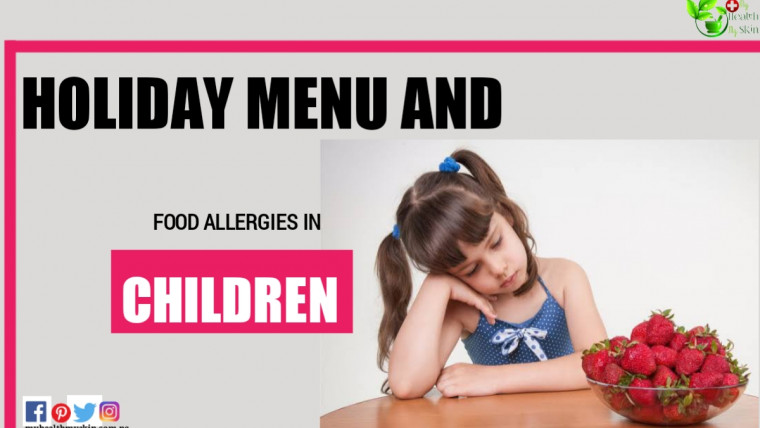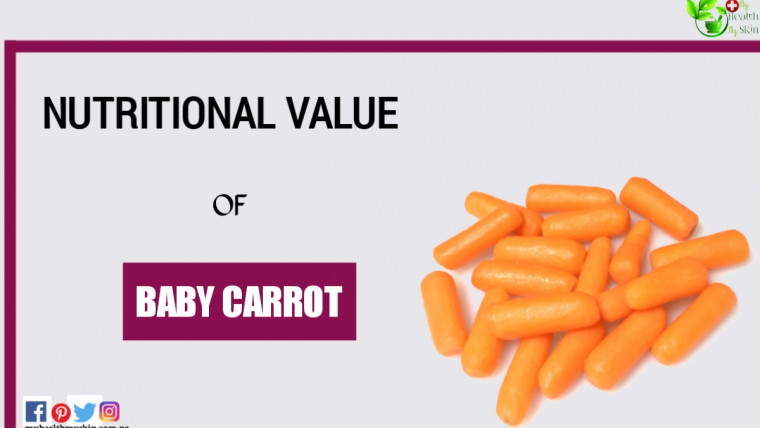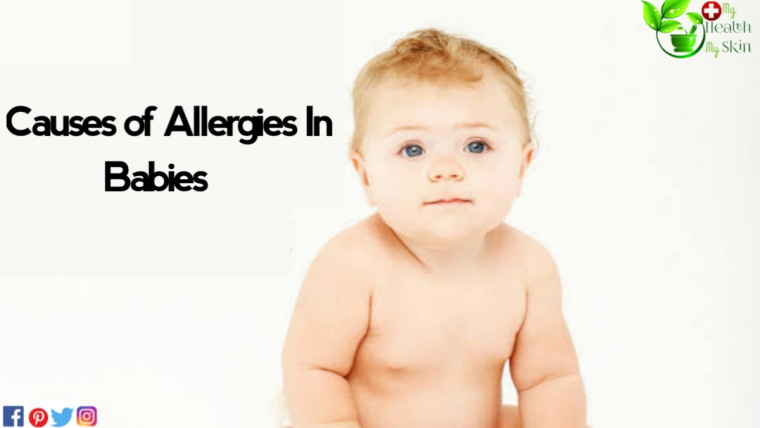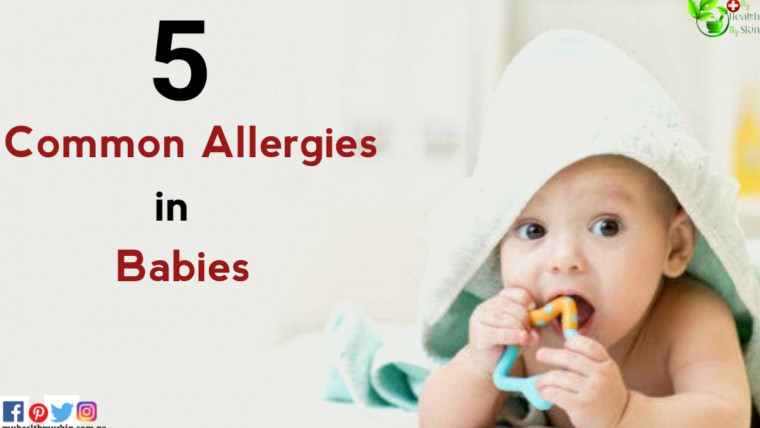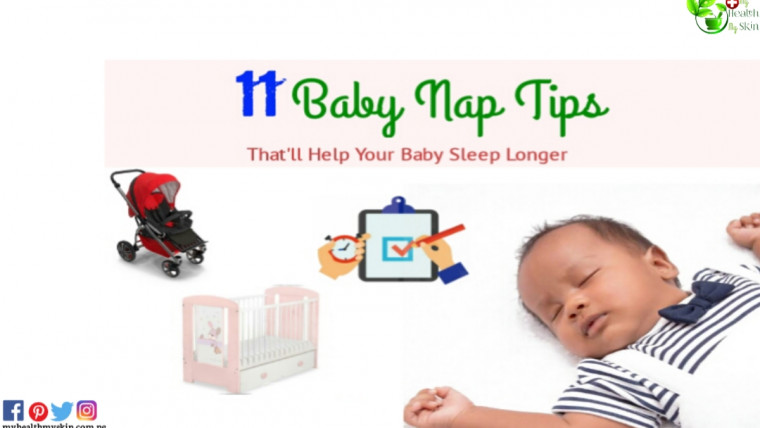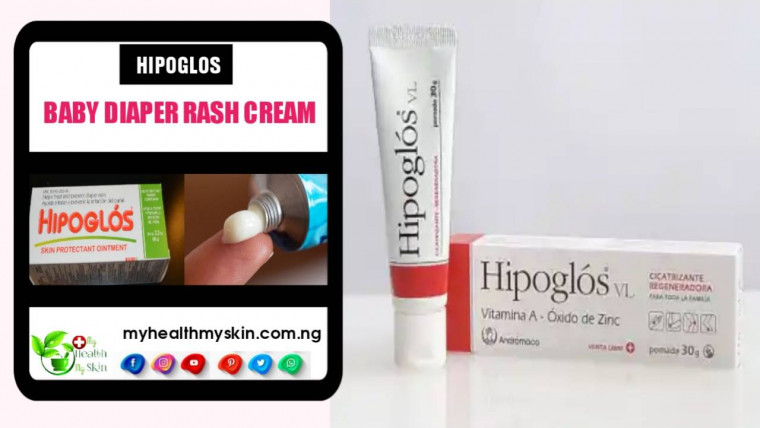For those responsible, the well-being and safety of newborns comes first. Therefore, hiccups in babies can cause a lot of concern.
When a baby has hiccups, it can feel a little uncomfortable for the parents, especially when they happen often. But contrary to what many people think, the sensitive “hip” “hip” is not something serious, it is also not annoying for your little one. Learn how to soothe your baby’s hiccups.
Most newborns eventually experience this, but it is harmless and requires no special treatment. In fact, as it suddenly occurs, the symptoms usually go away on their own in a little time.
For most parents, it is troubling that this disturbs their child over and over again. While it is true that it is not serious, they are almost always looking for a solution so that it will not continue.
But we have already said that there is no reason to despair! Hiccup is a common condition in early childhood and can start in utero.
Several information have been shared over the years to soothe hiccups in minutes
So, let’s discuss the topic through the following points:
- What is hiccups?
- Why does the baby have hiccups?
- What are the main causes?
- Main Treatments
- When the hiccup deserves attention
We have prepared a guide to ensure the comfort of the baby and the tranquility of the whole family. Follow with us!
[lwptoc]
What Is Hiccups?
Hiccups, also known as syngultus, are a symptom that is produced when the membrane frequently, involuntarily and instantly contracts. The membrane separates the lungs from the abdomen and plays a vital role when breathing.
When we have hiccups, we exhale air instead of breathing. Moreover, our vocal cords are also closed and it is thus characterized by the specific sound “hip”.
Usually the hiccups disappear quickly. It is not dangerous, and the baby returns to normal breathing.
Why Does The Baby Have Hiccups?
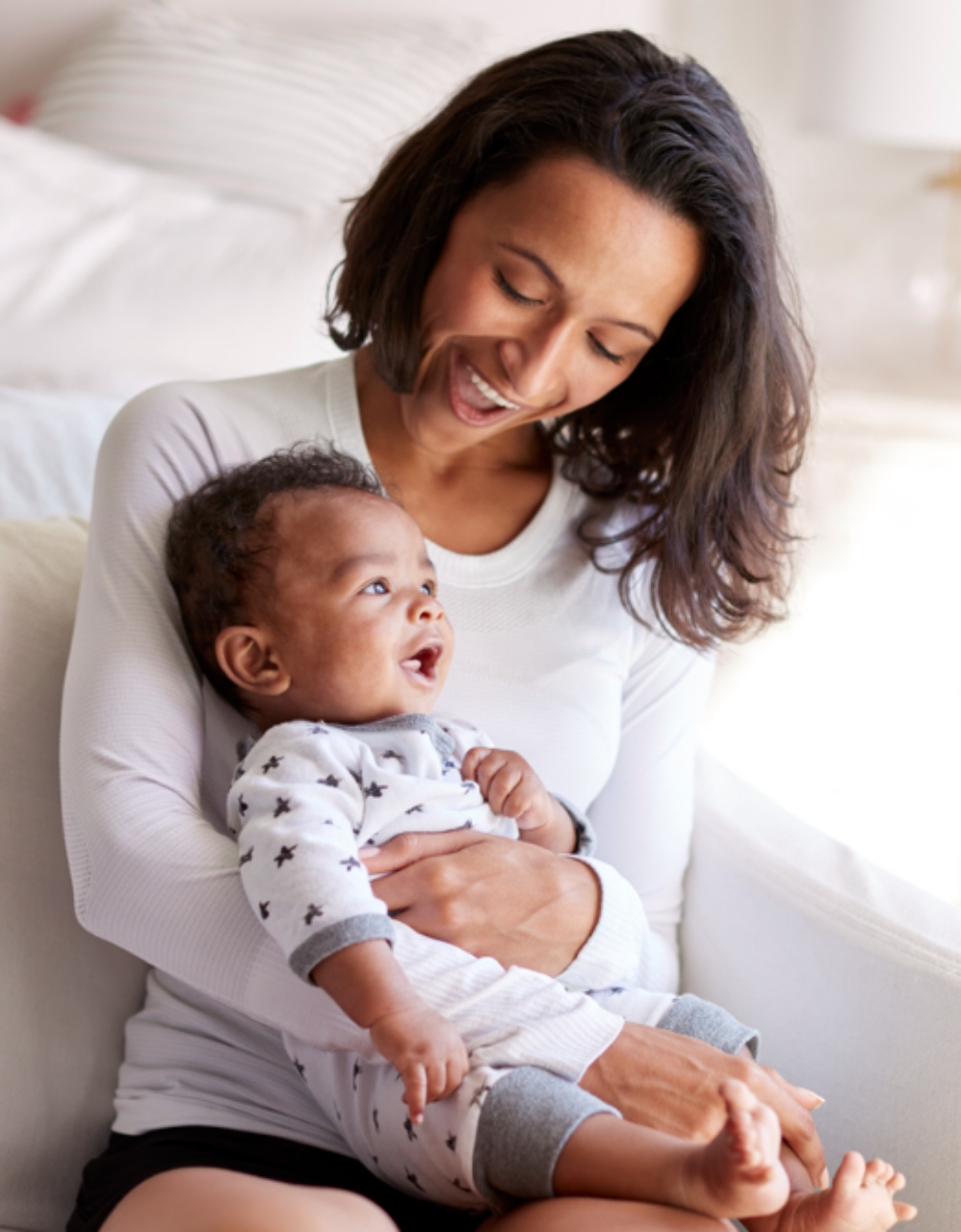
It has not yet been determined exactly what causes hiccups in newborns. But several theories have been proposed for a number of years. The most widely adopted theories imply that a newborn’s digestive system and nervous system are not completely developed.
The hiccup occurs due to an involuntary contraction of the diaphragm, the muscle that is below the lung.
From this contraction, the vocal cords close more quickly and cause discomfort.
Discomfort can happen more easily in newborns. Since the immaturity of the children’s system makes them irritated more easily.
Immature Nervous System
The nervous system is what controls the muscles of the whole body. When a discomfort of the phrenic nerve and vagus nerve happens, it causes involuntary movements in the membrane.
How does this affect the child?
All signs are that this system is not fully developed affecting the occurrence of hiccups in an infant. For this reason, premature babies, whose organs are more immature, may hiccup more than a normal baby. In addition, the symptoms recur more frequently before they are six months of age.
Immature Digestive System
Infants have an immature digestive system and are more exposed to having symptoms and irritation as a result. Because the digestive system frequently oversimplifies the membrane, there are other explanations to clarify hiccups:
What Could Be The Main Causes Of Hiccups In Babies?
Hiccups in babies can happen for several reasons, but we highlight the main ones:
- Swallowing air during feeding;
- Overeating;
- Gastroesophageal reflux;
- Cold;
- Hungry.
Main Treatments
From the main causes, we can indicate some simple attitudes to make the hiccup disappear or decrease in intensity:
- Put the baby in an upright position: especially after feedings. Placing the child in an upright position makes it easier for gas to come out of the stomach and helps fight hiccups.
- Breastfeeding the baby: The act of sucking decreases the diaphragm reflex and, consequently, the hiccup in babies. But before opting for this attitude, be sure to respect the baby’s feeding schedules.
Remember that overeating can contribute to hiccups. - Keeping the little one warm: the exchange of heat from our body can cause hiccups. Therefore, avoid leaving your baby without clothes for a long time after bathing and diaper changes.
You May Also Like:
- How To Choose The Right Bottle For Baby
- Baby Teeth: How To Relieve Teething?
- Baby Eczema: How To Treat Infant Eczema?
- Pain on Penetration During Pregnancy: Is It Normal?
- How Many Weeks In 9 Months Pregnancy?
When To Seek Help?
With these measures, your baby’s hiccups will likely go away on their own, without needing to see a healthcare professional.
However, if the baby’s hiccup occurs excessively and compromises its quality of life, we recommend consulting a pediatrician.
Discomfort can be a symptom of gastroesophageal reflux in the baby.
However, these are less frequent cases and, for the most part, hiccups in babies are a passing nuisance.
In addition, it is worth emphasizing that the use of any medication is not recommended without the express guidance of a medical professional.
Even though hiccup in babies causes apprehension in the whole family, it is just a nuisance.
Now that you know more information, you can take care of your baby with more peace of mind and safety.
Finally, what do you think about sharing this text with other moms and putting an end to this myth that surrounds our babies?
If you want to read more articles similar to Hiccups in Babies: Causes, Treatments, and When to Be Concerned? We recommend you visit our Children’s Health category. Share on your social networks and stay tuned for upcoming articles.
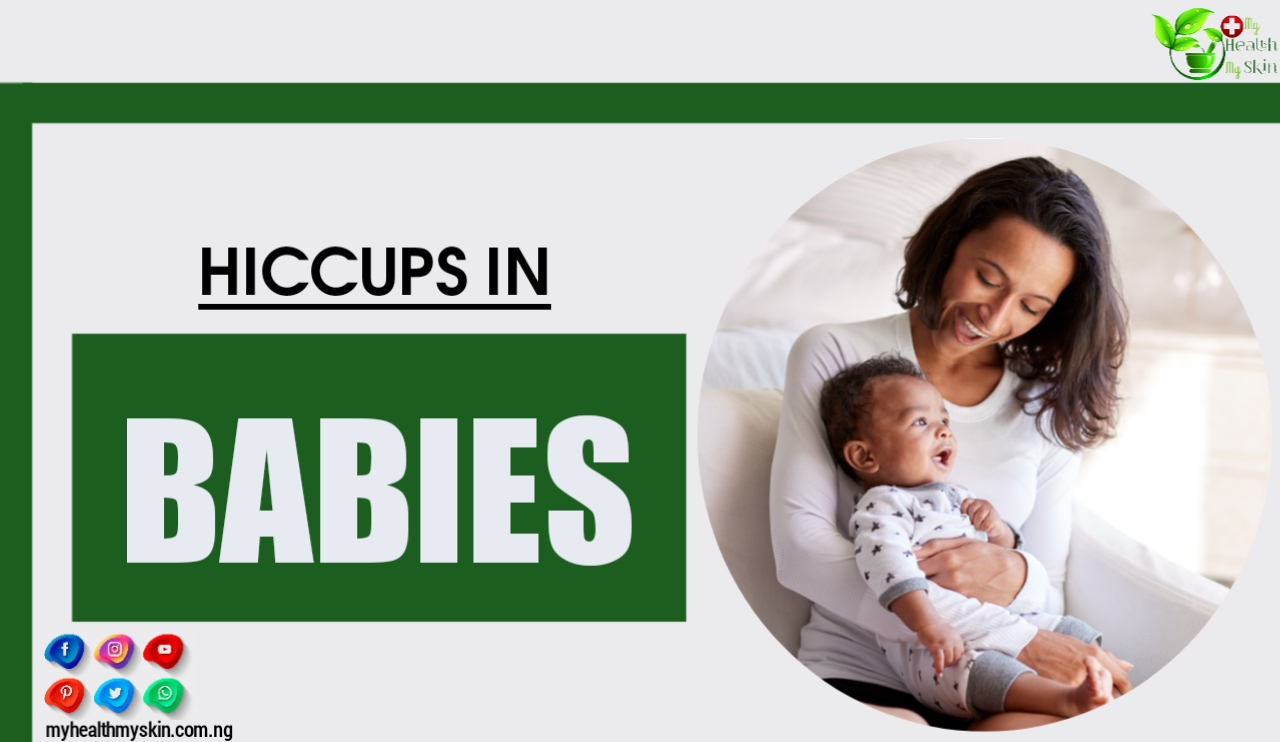
What Technique Works For You When Your Baby Have Hiccups? Comment Below!

